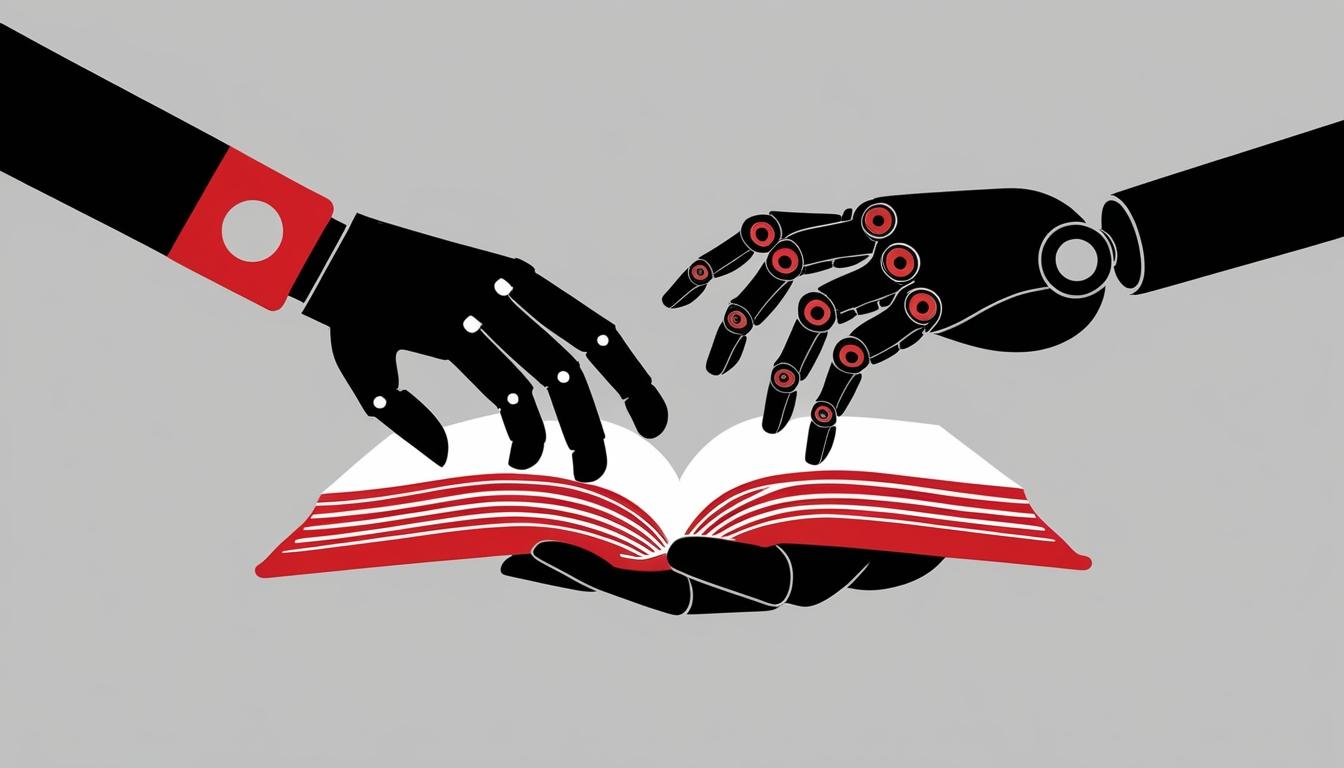The Dutch publishing house Veen Bosch & Keuning (VBK) has recently announced plans to explore the use of artificial intelligence (AI) for translating fiction. This initiative has triggered a lively discourse surrounding the implications of AI on the profession of literary translation, raising questions about the potential obsolescence of human translators in this space and the opportunities AI may offer to enhance access to literature.
Concerns regarding the future of human translation have been spurred by the rapid advancement of AI technologies. Published research from individuals examining intersections between art, ethics, technology, and culture suggests an ongoing debate about the costs of technological adoption. This echoes historical concerns around advancements in genetics and raises poignant questions about cultural integrity. The unique challenge of translating fiction—characterised by intricate language, emotional subtleties, and cultural context—poses a significant test for AI's capabilities.
The initiative undertaken by VBK prompts an essential inquiry: can AI effectively capture the nuances and richness inherent in literature? Translating fiction typically requires a nuanced understanding of not only the source and target languages but also the cultural backgrounds that inform those languages. Language, particularly within literary contexts, transcends mere words, encapsulating cultural significance and the distinctive voice of the author.
Despite the challenges, proponents of AI highlight the advancements in machine learning that have occurred. The latest version of AI tools such as ChatGPT signifies an unprecedented step forward in understanding and processing human language, finding applications in a variety of sectors including customer service and healthcare diagnostics. The World Health Organization has even implemented an AI project to function as a health worker, using conversational technology to engage with users.
Supporters of AI translation argue that while human translators offer invaluable expertise, they can also overlook subtleties and make mistakes. Furthermore, reading works in their original language is often impractical for many. Therefore, the argument in favour of AI escalates, suggesting that it could democratise access to literature, allowing readers to engage with texts that might remain untranslated due to cost, language barriers, or niche appeal. This potential for AI to broaden its reach, thereby enhancing cultural understanding and appreciation, has sparked discussions about its ethical implications.
Nevertheless, the potential adoption of AI in literary translation may not come without drawbacks. Critics warn that replacing human translators could result in a loss of their unique insights and the cultural understanding they provide. While many advocate for the use of AI exclusively in contexts where human translation is financially or logistically unfeasible, they caution that such practices could ultimately diminish the market for human translators.
An alternative proposed approach involves integrating AI as a complementary tool alongside human translators rather than a replacement. This collaboration could ensure higher quality translations, benefiting from the unique cultural insights that human translators possess. Such partnerships could expand the range of literature accessible to readers worldwide, forging a new path where AI and human creativity coexist and enhance one another.
Recent technological developments, such as the real-time translation earbuds pioneered by MyManu, have already demonstrated the practical applications of AI in critical contexts, including assisting asylum seekers in navigating new environments. As the exploration of AI's potential continues, the conversation around maintaining a balance between utilising AI for expanding access while preserving the artistry of human translators is poised to resonate across various industries.
The evolution of AI within the realm of literature translation leaves open a future rich with possibilities—one that could reshape access to diverse literary voices and cultures. While doubts remain about the efficacy of AI in capturing the essence of complex human emotions, the unfolding partnership between machine capabilities and human expertise may result in novel ways to experience literature on a global scale. As these discussions progress, stakeholders in the publishing and translation communities will need to carefully navigate the implications of AI's integration into their practices.
Source: Noah Wire Services
